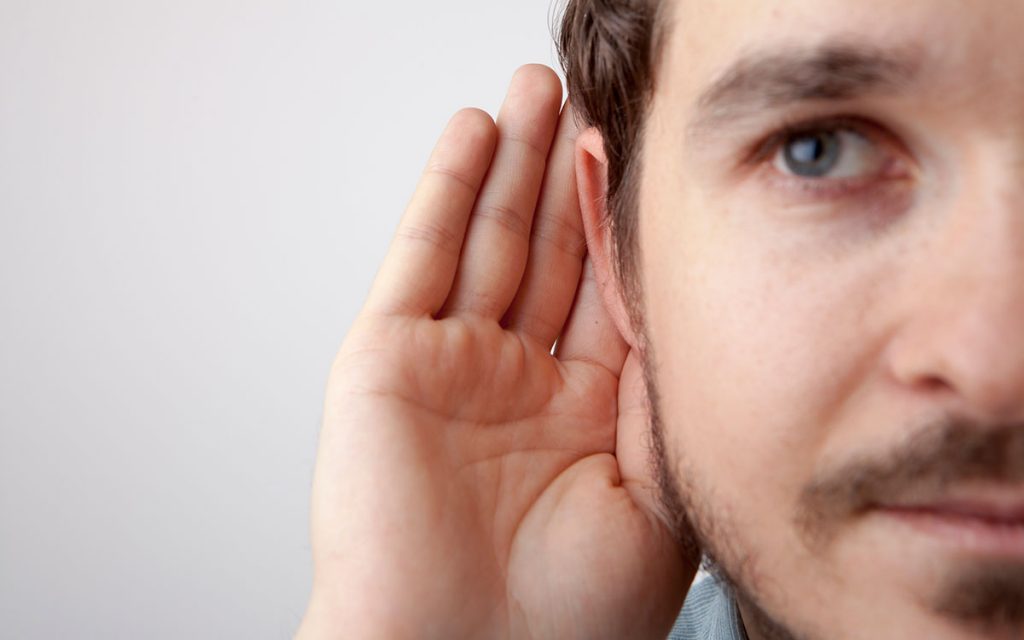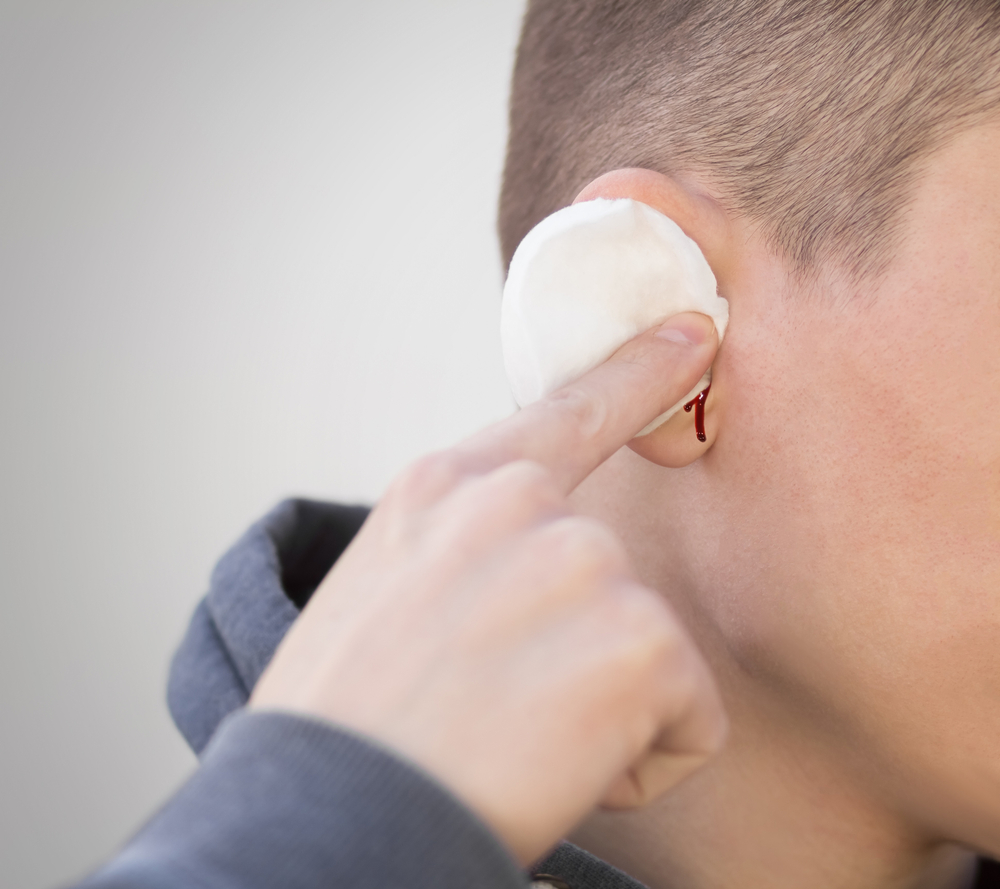Did you walk away from ‘movie night’ feeling frustrated? Has your family, seemingly one-by-one, started to mumble? Or, are you struggling to keep up with friends and missing the important details that keep you connected? Your hearing could be to blame, and a shortlist of factors could reveal the culprit. Unrelated as they may be, the following have been specifically linked to hearing loss:
- Aging
- Excessive noise
- Injury
- Genetics
- High blood pressure
- Meniere’s disease
While we might not be surprised that aging includes our ears, hearing loss is common to nearly half of people 75 and over. With its slower onset, age-related hearing can seem subtle and harder to recognize, especially as the loss tends to affect both ears. The process of hearing is complex and over time the hair cells and nerves within the inner ear can change and become damaged. In fact, age-related hearing loss caused by changes in the inner or middle ear – or the pathways that send waves from the ear to the brain, is often confused with noise-induced loss due to long-term effects.
Noise-Induced Hearing Loss (NIHL), is sometimes temporary but often permanent and can result from a one-time incident (gunshot or thunder crack) or continuous environmental or occupational sounds coming from a noisy office or nightclub. Sound intensity, measured in decibels, can be gauged and there are guidelines for safe exposure. A quiet office and normal conversation register between 60-65 dB, and street noise and average TV volume is logged at 70 dB. But it’s not unusual for environmental levels to exceed those limits. Over time repeated exposure to loud noise can make sounds seem muffled and gradually reduce the ability to understand speech – at any decibel.
Trauma to the head or neck can also damage our auditory apparatus and leave us with post-traumatic hearing loss that might not heal. Depending on the severity and the vicinity of the injury, there is a range of symptoms, and loss of hearing can be a casualty.
Genetic mutations can contribute to hearing loss at birth or later in life. This hereditary factor makes some more susceptible to impairment, preventing vital components of the inner ear from working – or in some cases – developing properly. Otosclerosis (damaged sensory cells and nerve fibers of the inner ear), Usher’s syndrome (causes abnormal development), and Pendred syndrome (affects the thyroid gland and creates inner ear abnormality) are some examples of hereditary disorders that can disrupt healthy hearing.
Hypertension – otherwise known as high blood pressure – is not only bad for your heart, it could be hazardous to your hearing. Often referred to as the “silent killer”, as many with the potentially fatal condition are unaware, hearing loss could be a life-saving warning. The plaque build-up and strain on the heart and blood vessels produced by high blood pressure damages the entire body – including the ears. As people age, hypertension is a contributor to the deterioration of the auditory system.
Another illness tied to hearing health, while relatively rare, is Meniere’s disease – a disorder of the inner ear. While the cause is still unknown, symptoms present with an abnormal amount of fluid in the inner ear that can lead to permanent hearing loss. The chronic condition can occur at any age and has been linked to viral infections, and to those who might be genetically predisposed to improper fluid drainage due to anatomic abnormality of the ear, or blockage.
If you’ve become limited by your hearing, there could be half a dozen reasons to seek some full advice from a health care provider.



